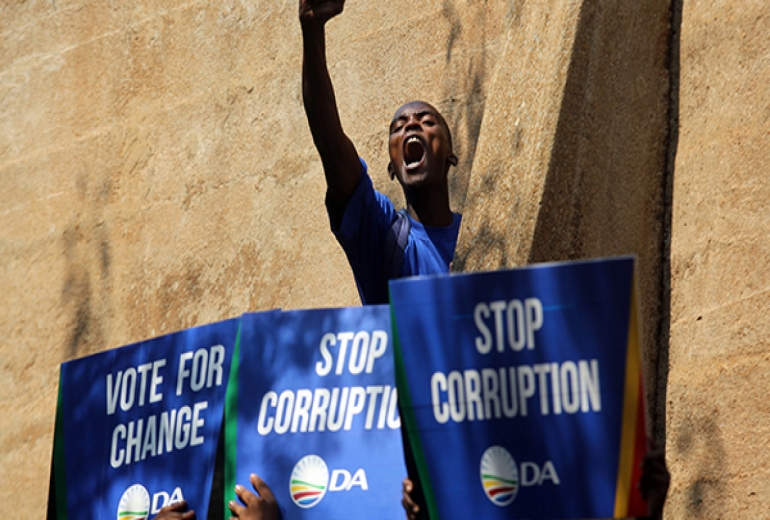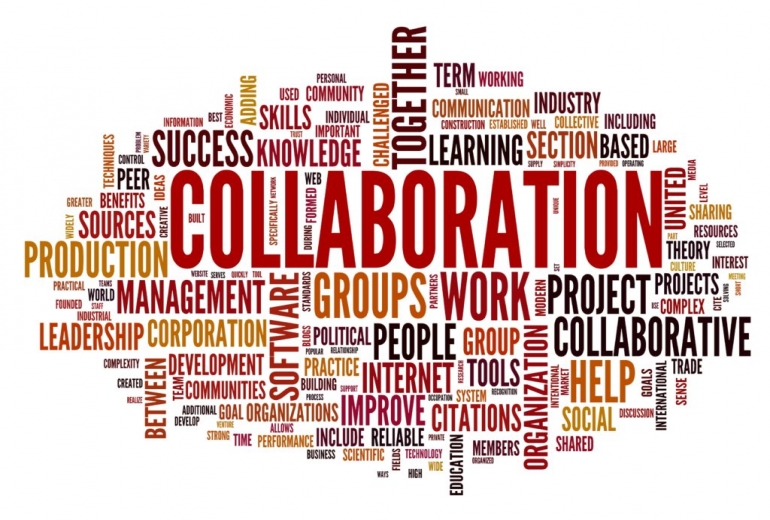
By chinenye Nnamani
The need for inter-agency collaboration in the fight against fake news on National security
Nigeria is a multi-ethnic and religious society with a history of civil war. The country currently enjoys a fragile peace, but this peace can easily be shattered. Therefore, it is important to avoid hate speeches, ethnic sentiments, favouritism, nepotism, bigotry, and anything else that can incite distrust, uprisings, and even full-blown crises in a society like ours.
Social media platforms such as Twitter, Facebook, and WhatsApp have become increasingly popular in Nigeria. These platforms have made information sharing easier and have expanded the audience for communication and idea sharing. Social media is an indispensable tool for information dissemination, but it has also facilitated the spread of both actual and fake news.
Fake news has played a significant role in fanning the embers of mistrust, hatred, divisiveness, uncertainty, fear, and other negative emotions. With the rise of social media, fake news has become more rampant as people share unverified information, falsified news, and old events as if they were current. It is important to be vigilant and to verify any news before sharing it.
Conceptualization
Fake news refers to “a type of online disinformation, with totally or partially false content, created intentionally to deceive and or manipulate a specific audience, through a format that imitates news or report, through false information that may or may not be associated with real events, with an opportunistic structure (title, image, content) to attract the readers’ attention and to persuade them to believe in falsehood, to obtain more clicks and shares across social media platforms (Joan&Baptista,2020).
Fake news is also deliberately manipulated or fabricated information or news content carefully disseminated with the intent of causing anxiety, uproar, incitement, and harm at either individual or communal scale.
It is also seen as a medium through which social vices like hate speech are circulated to fuel ethno-religious crises, political tension, tribal sentiment, character assassination, and corporate deformation.
The primary aim of promoters and mongers of fake news is to instigate acts capable of causing disunity among people.
It is pertinent to state that with the emergence of information and communication technologies, particularly social media, fake news is created at will and disseminated with great ease.
The increase in the use of social media platforms like Facebook, Twitter, WhatsApp, and others has increased the avenue for the spread of fake news because the number of people on these platforms is many. The cycle of fake news includes inventors, consumers, spreaders, and channels. Inventors of fake news concoct stories to misinform, sway opinions, spread propaganda, incite hate, alter perceptions, etc., through opinions, predictions, and blatantly fabricated narratives (Muigai, 2019).
News is being produced at an alarming rate by people through various social media platforms, whether the information is verified or not. This trend is detrimental to the country. Furthermore, the proliferation of fake news on the internet is due to the internet's ever-expanding and interconnected nature, coupled with the preference for speed over accuracy and impact. The reason for this is that internet content providers and distributors are engaged in a zero-sum game, where they compete for attention and patronage, and as a result, people are doing everything in their power to increase their media presence and boost traffic.
Aim
This paper seeks to examine the impact of fake news on the state's national security and the need for relevant agency cooperation in tackling the menace caused by its spread.
Types of fake news
According to Claire Wardle cited in Ogbette, Idam, Kareem, and Ogbette (2019), below are some types of fake news;
Satire or Parody - no intention to cause harm, but has the potential to fool
False Connection - when headlines, visuals, or captions do not support the content
Misleading Content - misleading use of information to frame an issue or an individual
Imposter Content - when genuine sources are impersonated with false and made-up sources
Manipulated Content – when genuine information or imagery is manipulated to deceive, as with doctored photo
Fabricated Content – when news content is 100% false, designed to deceive and do harm.
Reasons for the spread of fake news
Some of the reasons for the increase in fake news are;
Overzealousness
Quest for financial gain
Desire for followership
Political, ethnic, and religious partisanship
Money inducement from politicians and others
Failure to provide better protection for journalists reporting from difficult terrains
Failure of relevant authorities to provide accurate information promptly causes an information vacuum.
Desire to tarnish the reputation of political opponents etc.
The effect of fake news on national security
Due to the tendency of fake news to cause tension, fear, distrust, and fuel unrest, it affects national cohesion. National cohesion refers to a state of being free from distrust, insecurity, violence, false information, and other things that may hinder the progress of Nigeria.
Speaking on how fake news affects security and cohesion Aboyade et al. (2022) stated that it was hate speech and fake news that contributed largely to the genocide that ravaged Rwanda in 1994. They held that like wildfire, the damaging implications of fake news to national security are indeed unquantifiable.
This brings us to the case of the 2012 Occupy Nigeria protest against fuel subsidy removal under the Goodluck administration. This protest was championed by the opposition party, All Progressive Congress because there was nothing like fuel subsidy. The protest claimed the lives of about 17 protesters as there were nationwide protests. But under the Buhari Administration, he removed fuel subsidies without the same persons calling for a nationwide strike. Speaking on the issue, Yemi Oke stated that the agitations against subsidy removal were only a political arrangement; while Kayode Fayemi, held that the Action Congress of Nigeria (ACN) now All Progressive Congress (APC) “knew the truth but it was all politics”. This is because “all political parties in the country agreed and put it in their manifesto that subsidy must be removed”. This statement shows the extent even politicians can drive false narratives to sabotage their opponents. The sad reality is that in doing so it affects the masses, and brings about a breakdown of law and order, and loss of lives and properties.
Other cases of violence and tension caused by fake news include a graphic image of a mutilated baby, killed in Congo Brazzaville in 2012, which was shared with the claim that the act was perpetrated by the Fulanis against the Beroms in Jos, in 2018. The media reported that Berom youths took to the streets and systematically sought out Fulani men for reprisal attacks, with the authorities believing the Facebook post contributed to the attacks (Ojebode, 20218); a gruesome photo of a woman lying in a pool of blood was massively circulated on Twitter with the claim that she was a victim of the violence. This fake Tweet caused inflammatory comments and further chaos resulting in the death of many Nigerians. Later, it was discovered that the image was of a traffic accident in the Dominican Republic (Edwin and Yalmi,2019) cited in (Apuke & Omar, 2020).
Anderson (2019), held that fake news has a more invidious and dangerous purpose in Nigeria which is to stoke rivalries and hostilities between different ethnic nationalities, pitting the country’s two major religions against the other.
Fake news has caused sharp divisions along tribal, religious, and geographical lines leading to mutual distrust, suspicion, and hatred that had constituted a huge threat to Nigeria’s corporate existence. The urge to be the first with the news has seen the media sacrificing national interest. This news has exacerbated insecurity in the state as news content fuels hate and discord leading to the escalation of disagreement in some areas and major conflicts and crises in others.
Nura Ibrahim holds that fake news affects national integration and harmony, political democracy, and economic stability and promotes crises all of which are detrimental to the nation's national security.
From the above, one can see the deadly nature of fake news, of how it has the capability of setting society up for crises due to mischief, selfish interest, or pure greed. Therefore, the need for relevant agencies to cooperate in dealing with issues cannot be overemphasized, to ensure the stability and security of the state.
Recommendations
There is a need to always penalize those blogs or media outlets that post fake news no matter the circumstance. By so doing, it will serve as a deterrent to others using it as a way to gain relevance or with other reasons too.
The government should give room for full press freedom and journalistic integrity in Nigeria.
There is a need for proper regulation of the internet to curtail the spread of fake news by false websites and false social media handles.
More effort should be made to ensure the implementation and execution of penalties under the law irrespective of person.
The Cybercrimes Act 2015 should be revisited to close the gaps of vagueness, and lack of criteria for determining the deliberate and intentional offender, and persons who inadvertently share fake news. This is to avoid ambiguity in the application of the law.
The police should properly investigate fake news and prosecute the perpetrator and if the culprit has a sponsor, he or she should also be brought to book regardless of office or person.
The National Information Technology Development Agency(NITDA), through the National Center for Artificial Intelligence and Robotics, can develop tools to detect, track, and block parody accounts used in the spread of fake news.
The National Orientation Agency needs to embark on a nationwide awareness campaign on the effect of fake news and the need to carefully verify information before sharing or acting on same.
Security agencies should deliver information in a timely to avoid fake news mongers filling the void and when fake news is shared about their operatives, they should immediately debunk such.
References
Aboyade, M. A., Madu, U. W., Aboyade, W. A., & Ajayi, A. S. (2022). Combating the Menace of Fake News and Hoaxes in Nigeria for National Security: Intervention of the Information Professionals. Journal of Balkan Libraries Union, 9(1), 30-37. doi:10.16918/jblu.984454
Adekoya, F., Olumide, S., Jeremiah, K., & Akhaine, S. (2022, January 7). 10 Years after "Occupy Nigeria", Buhari battles fuel subsidy. The Guardian. Retrieved from https://www.google.com/amp/s/guardian.ng/news/10-years-after-occupy-nigeria-buhari-battles-fuel-subsidy/amp
Agency Report. (2021, March 21). Nigerian media is obsessed with bad news. Premium times. Retrieved from https://www.premiumtimesng.com/news/top-news/450299-nigerian media-obsessed-with-bad-news.html
Anderson, P. (2019, May 21). Tackling fake news: The case of Nigeria. Italian Institute for International Political Studies. Retrieved from https://www.ispionline.it/en/publication/tackling-fake-news-case-nigeria-23151
Apuke, O. D., & Omar, B. (2020). FAKE NEWS PROLIFERATION IN NIGERIA: CONSEQUENCES, MOTIVATIONS, AND PREVENTION THROUGH AWARENESS STRATEGIES. Humanities & Social Sciences Reviews, 8(2), 318-327. Retrieved from https://doi.org/10.18510/hssr.2020.8236
Chukwuka, U. C., Nwolu, O. J., & Nnabuife, C. (2021, Nov). Social Media Use in Propagating Fake News and Its Influence on Security Challenges in Nigeria: Study of Unknown Gunmen. International Journal of Innovative Science and Research Technology, 6(11), 670-677.
Ogala, E., & Ezeamalu, B. (2013, January 12). Occupy Nigeria: one year later, the gains, the losses. Premium times ng.com. Retrieved from https://www.premiumtimesng.com/news/114890-occupynigeria-one-year-later-the gains-the losses.html
Ogbette, A. S., Idam, M. O., Kareem, A. O., & Ogbette, N. D. (2019). Fake News in Nigeria: Causes, Effects and Management. Information and Knowledge Management, 9(2). doi:DOI: 10.7176/IKM
Okegbile, J. (2023, July 18). Nigeria: Revisiting Nigeria's legal framework on hate speech and fake news post 2023 general elections. mondaq. Retrieved from https://www.mondaq.com/nigeria/social-media/1343698/revisiting-nigerias-legal-framework-on-hate-speechand-fake-news-post-2023-general-elections
Olaolu, O. O., & Olusegun, H. A. (2022, June). Implications of Fake News for Nigeria’s Security. GVU Journal of Management and Social Sciences, 7(2), 118-128. Retrieved from https:journals.sau.edu.ng/index.php/sjmas
Omolaoye, S. (2023, Sept 05). 2012 Occupy Nigeria protest against fuel subsidy was mere politics-Fayemi. The Guardian. Retrieved from https://guardian.ng/news/2012-occupy -nigeria-protest-against-fuel-subsidy-removal-was-mere-politics-fayemi/amp/
Omolaye, S. (2023, September 5). 2012 occupy Nigeria protest against fuel subsidy removal was mere politics -Fayemi. The Guardian. Retrieved from https://guardian.ng/news/2012-occupy-nigerai-protest-against-fuel-subsidy-removal-was-mere-politics-feyemi/amp/
Premium Times. (2022, May 27). Curbing fake news and the excesses of social media, by Zeenat O.Sambo. Retrieved from https://www.premiumtimesng.com/opinion/532734-curbing-fake-news-and-the-excesses-of-social-media-by-zeenat-o-sambo.html
This day live. (2023, September 10). Fayemi's confession on 2012 Fuel subsidy removal. Thisdaylive. Retrieved from https://www.google.com/amp/s/www.thisdaylive.com/index.php/2023/09/10/that-fayemis-confession-on-2012-fuel-subsidy-removal%3famp=1
Udenze, S. (2021). Fake news and its impact on national cohesion: The Nigerian story. International Journal of Humanities and Innovation (IJHI), 86-92. Retrieved from https://doi.org/10.3370/ijhi.v4i2.115

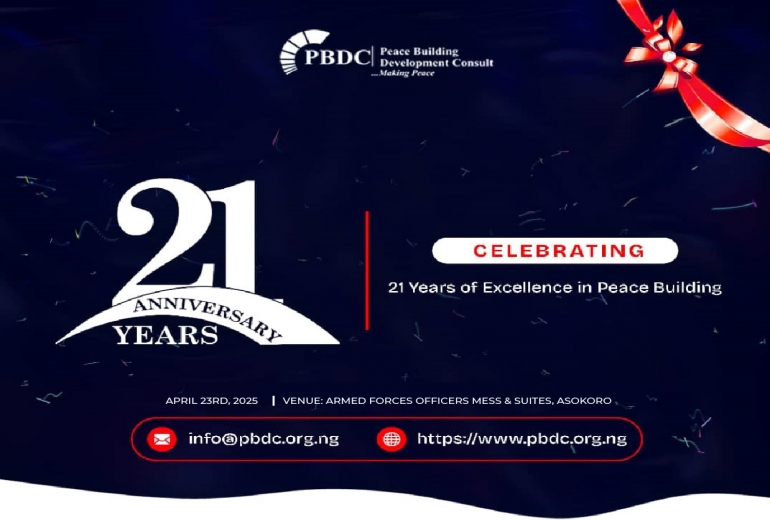
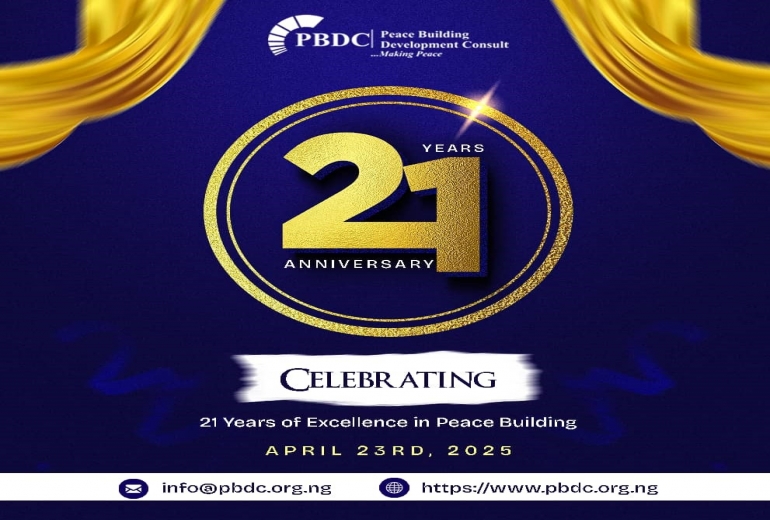
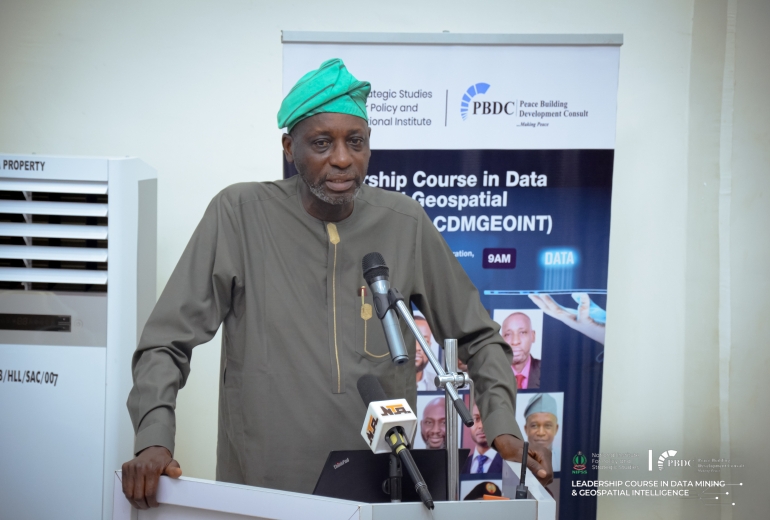
.jpg)
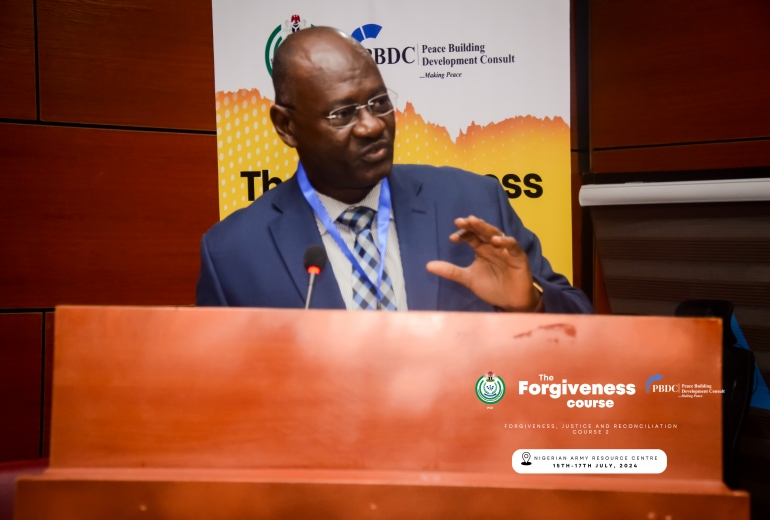
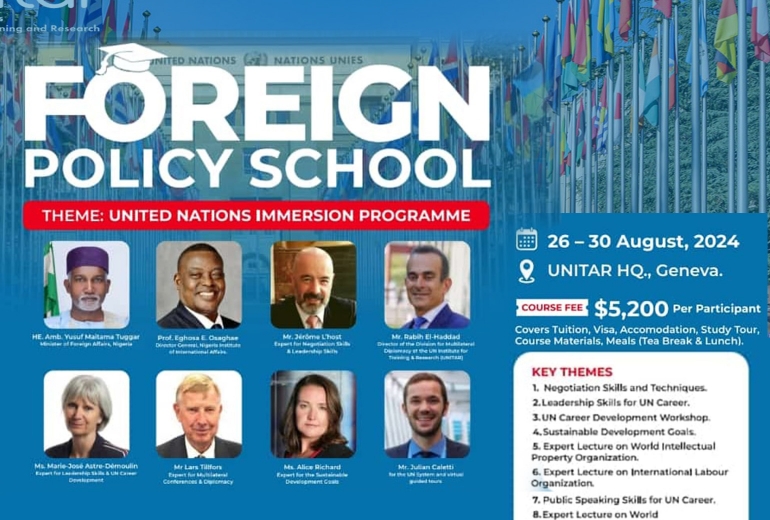
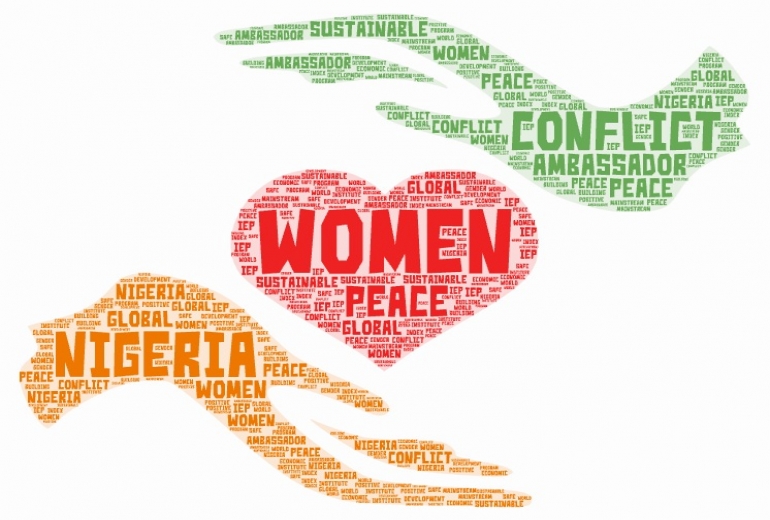
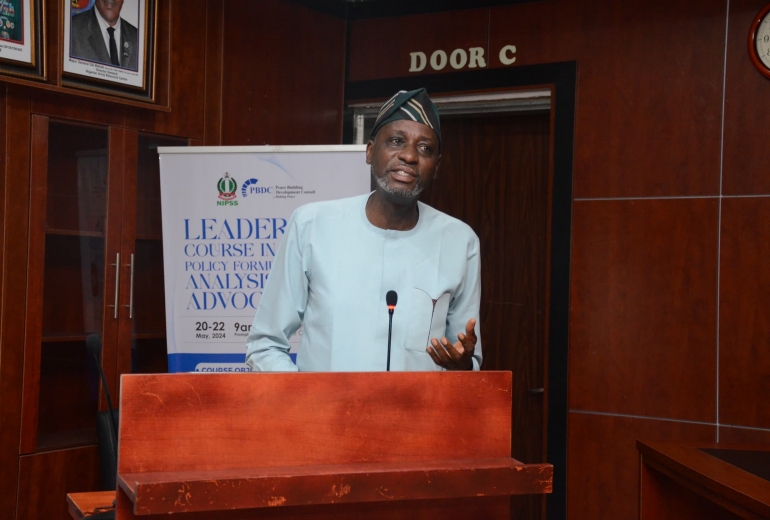

.jpg)

